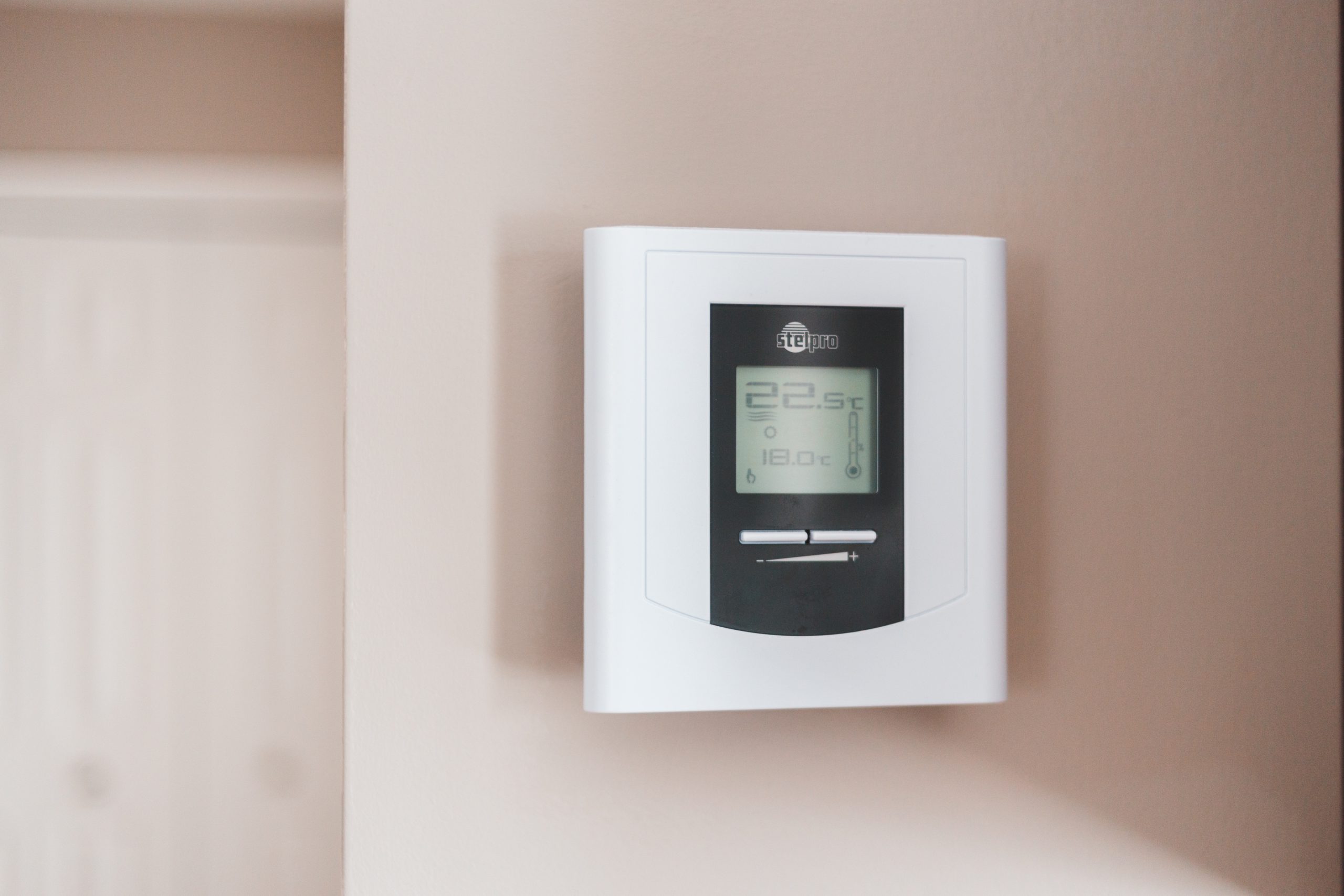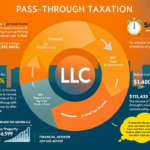Just as people are using technology to make their own lives easier, landlords are using smart technology to make their rental properties run more efficiently. From security cameras and motion detectors to thermostats and appliances that can be controlled remotely, there are a number of ways to use technology to improve your rental property. But is it worth the investment? Here’s a look at some of the pros and cons of installing smart technology in your rental property.
What is smart technology and what benefits does it offer landlords and tenants alike?
Home automation, often referred to as “smart home technology,” is the use of technology to automate your home. Home automation allows you to control almost every aspect of your home through the Internet of Things (IoT), allowing users to control their homes through their phones, computers, or other devices.
Benefits of smart technology for tenants
Tenants often enjoy the addition of smart technology, as they can set up rules and routines to automate tasks like turning off the lights when they leave the house or get a notification when their laundry is done. In addition to making their lives more convenient, home automation can also save them money by reducing energy consumption and lowering utility bills. For example, thermostats can be programmed to lower the temperature when tenants are away from home, and motion-sensor lights can be set up to only turn on when they’re needed, saving electricity.
Benefits of smart technology for landlords
For landlords, the benefits of smart home technology are even more far-reaching. Smart tech helps landlords stay on top of maintenance, improve tenant safety, and increase the property value of their rental property. Smart appliances like dishwashers or washing machines can tell landlords when they malfunction or if they need maintenance, while alarm systems can capture video and inform police in the event of a break-in, or notify the fire department if a smoke or carbon monoxide sensor goes off. Flood sensors can let you know if there’s a potential leak so you can take action and avoid water damage in one of your units.
As the next generation of renters enters the market, landlords and property managers will find an even greater need for modern and tech-savvy property management solutions. Millennial renters are transitioning to homeownership, and Gen Z renters are starting to flood the rental market, and these new renters will have higher expectations of their landlords when it comes to technology.
To attract and retain these tenants, landlords and property managers will need to use technology to provide the services and amenities that these tenants demand.
How easy is it to install smart technology in a rental property and what are the associated costs?
While smart home technology isn’t free, it can be a wise investment for landlords. The upfront cost can be substantial, but the energy savings can help offset the cost over time. Depending on the technology you choose, you may also save money on insurance. You can also consider your rent: Smart-tech amenities in your units may make them more appealing and bring a higher rental price. By taking the time to weigh the costs and benefits of smart home technology, you can make an informed decision about whether or not it’s right for your rental property.
Installing smart technology in a rental property can be easy or hard, depending on the system you choose. If you’re using a simple system like a smart thermostat, then the installation is usually straightforward and can be done in just a short amount of time. However, more complex systems like full home automation can be more difficult to install and may require the help of a professional.
There are also some costs associated with installing smart technology, although these costs will vary depending on the system you choose. For example, a simple smart thermostat may cost around $100, while a more complex home automation system can cost several thousand dollars, especially if you own an apartment complex or other large rental. You’ll also need to factor in the cost of any monthly subscription fees that may be required for some smart technology systems.
Potential security risks associated with using smart technology
When it comes to security risks, there are two major areas of concern: privacy and safety. Landlords should be aware of both of these risks before installing any smart technology in their rental property.
Privacy Concerns
Smart technology can collect a lot of personal data about tenants, including their daily activities, personal preferences, and even their whereabouts. While this data can be used to provide tenants with a better experience, it could also be used for nefarious purposes if it falls into the wrong hands. To mitigate this risk, landlords should vet smart technology devices and companies thoroughly to ensure that all data is collected and stored securely.
Safety Concerns
Another major concern is safety. While smart technology can help make a rental property more secure, it can also introduce new security risks. For example, if a tenant’s smart lock is hacked, a burglar could gain entry to the unit. To mitigate this risk, landlords should only install smart technology that has been tested and proven to be secure. They should also educate tenants on how to use the technology safely and provide them with 24/7 support in case of any problems.
While there are some potential risks associated with using smart technology in a rental property, these risks can be mitigated by taking the proper precautions.
Common complaints about smart technology systems from tenants
The most common complaints from tenants about smart technology systems are related to privacy, security, and ease of use. Tenants may feel that their privacy is being invaded if they are being constantly monitored by a smart device, or they may be concerned about the safety of their personal data if it is stored on a central server. Landlords should address these concerns by only installing smart technology that is absolutely necessary and by ensuring that all data is collected and stored securely. While smart technology is still being rolled out across your rental units, you may even consider offering an “opt-out” option so tenants can defer installation until a later date.
Another common complaint from tenants is that smart technology can be difficult to use. This is often due to a lack of understanding of how the technology works. Landlords should address this concern by providing tenants with training on how to use the technology safely and by offering 24/7 support in case of any problems.
Is it worth investing in smart technology for your rental property, or are there other ways to achieve similar results at a lower cost?
There is no one-size-fits-all answer to this question. It is determined by factors like the sort of rental property you own, the number of units in your building, and your tenants’ requirements. In general, smart technology can be a worthwhile investment for landlords who are looking to improve the experience of their tenants and make their rental property more efficient. However, it is important to weigh the costs and benefits of any smart technology system before making a decision. There are many other ways to achieve similar results without investing in smart technology, so landlords should consider all of their options before making a final decision.
Smart technology can be a great way to make your rental property more efficient and convenient for tenants. However, there are some important things to consider before installing a system, such as who is responsible for monitoring and repairing any issues that may arise, and what security risks need to be taken into account. By addressing these concerns ahead of time, landlords can help ensure that their tenants have a positive experience with smart technology in their homes.











